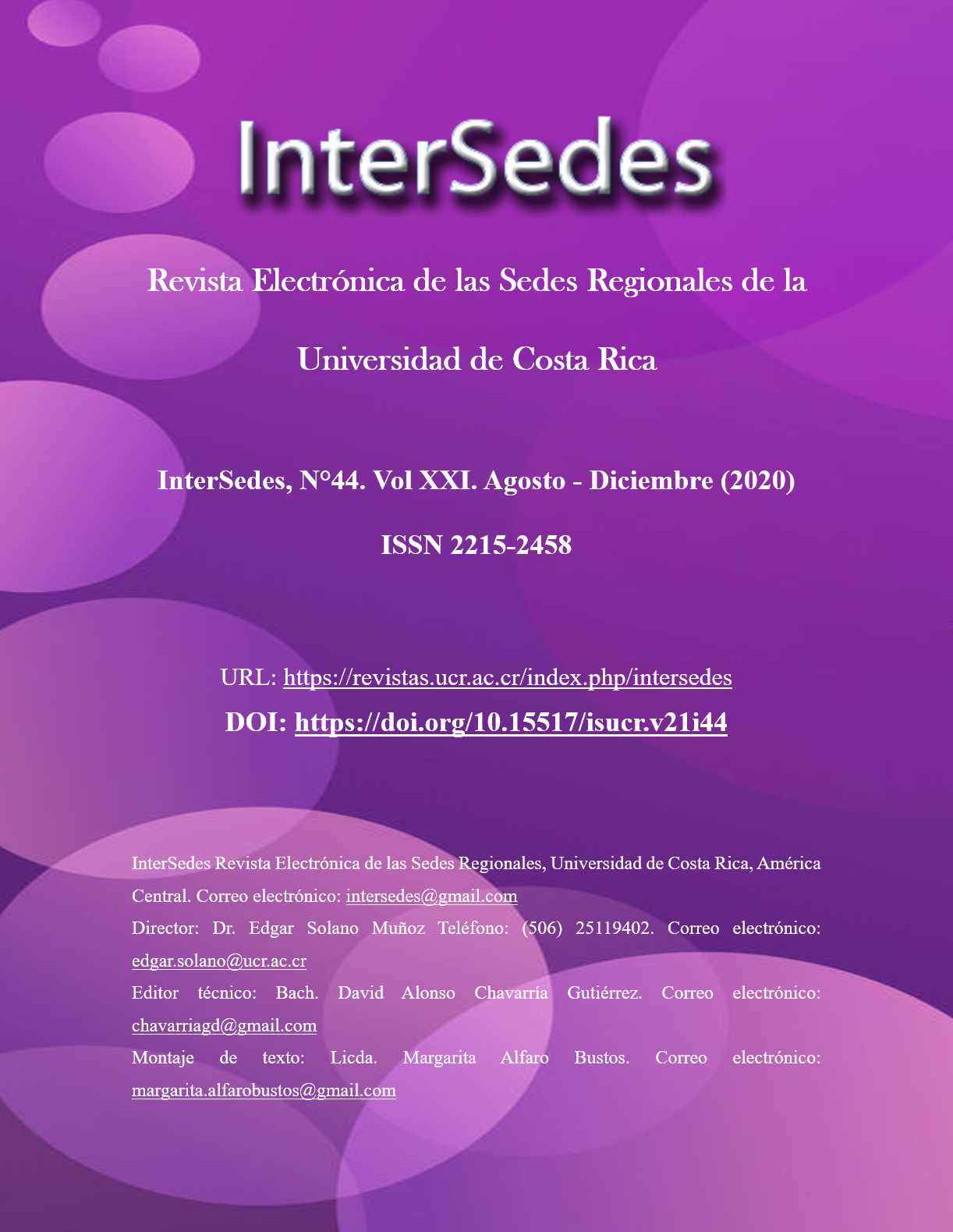Resumen
Este ensayo presenta un análisis de caracterización de la novela El Gran Gatsby del autor F. Scott Fitzgerald. Al ser consciente de su desafortunado origen, Jay Gatsby dedica toda su vida a la acumulación de dinero. Al analizar su conducta en la novela, es posible identificar su nivel de ambición, corrupción, aislamiento y por ende pérdida. A pesar de su aparente grandeza, lo que gobierna su vida es el fracaso y la decadencia. Gatsby nació no sólo con delirios de grandeza sino también con la habilidad de ser corrupto; en su intento de pertenecer a la clase aristocrática, pierde todo por lo que ha luchado y hasta su propia vida. De esta manera, el sueño inalcanzable de Gatsby lo convierte en un perdedor ordinario, quien tiene la habilidad solamente para hacer dinero proveniente de negocios oscuros.
Citas
Bruccoli, Matthew J. New Essays on The Great Gatsby. Cambridge University Press, USA, 1983.
Bruccoli, Matthew J. Some Sort of Epic Grandeur: The Life of F. Scott Fitzgerald. Second Revised Edition, University of South Carolina Press, 2002.
Churchwell, Sarah. Careless People: Murder, Mayhem, and the Invention of the The Great Gatsby. Penguin Supports Copywright, USA, 2015.
Clarici, Valentina. Social Alienation in The Great Gatsby and in Its Latest Cinematographic Adaptation: In-Betweenness, Excess and Time. University of Basel, 2014, file:///C:/Users/L/Downloads/SocialAlienationInTheGreatGatsbyandInItsLatestFilmAdaptation.pdf Accessed 11 June 2020.
Djohar, Hasnul. The Power of Hegemonic Classes in F. Scott Fitzgerald’s The Great Gatsby. 298 Al-Turāṡ Vol. XIX No. 2, July 2013, file:///C:/Users/L/Downloads/3722-8969-1-SM.pdf. Accessed 1 June 2020.
Fitzgerald, F. Scott. The Great Gatsby. New York: Scribner, 2004.
Tate, Mary Jo. Critical Companion to F. Scott Fitzgerald: A Literary Reference to His Life and Work. Facts on File: New York Infobase Publishing, USA, 2007.


